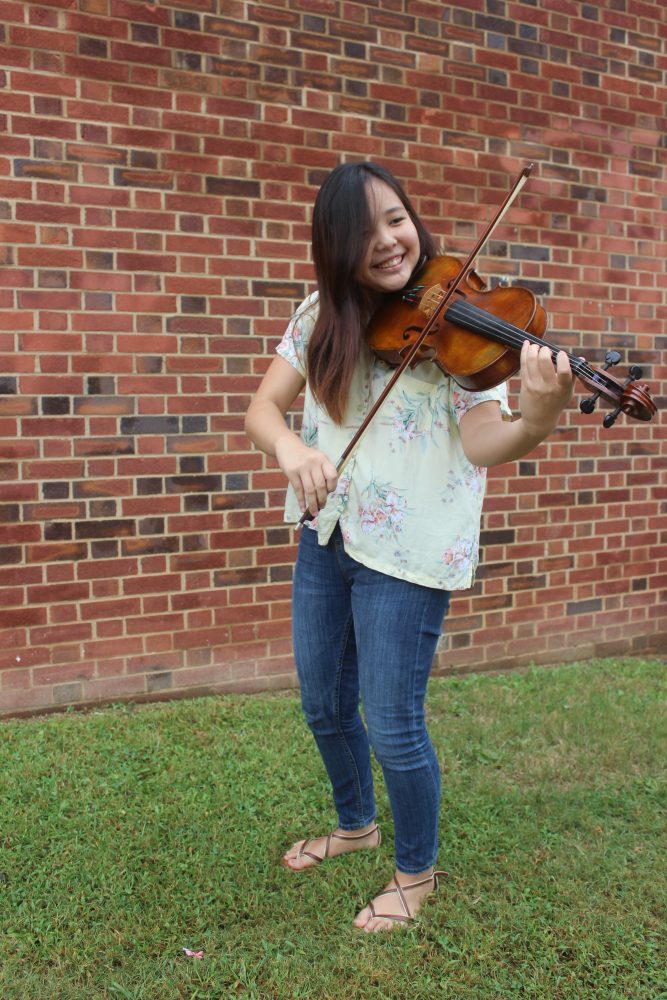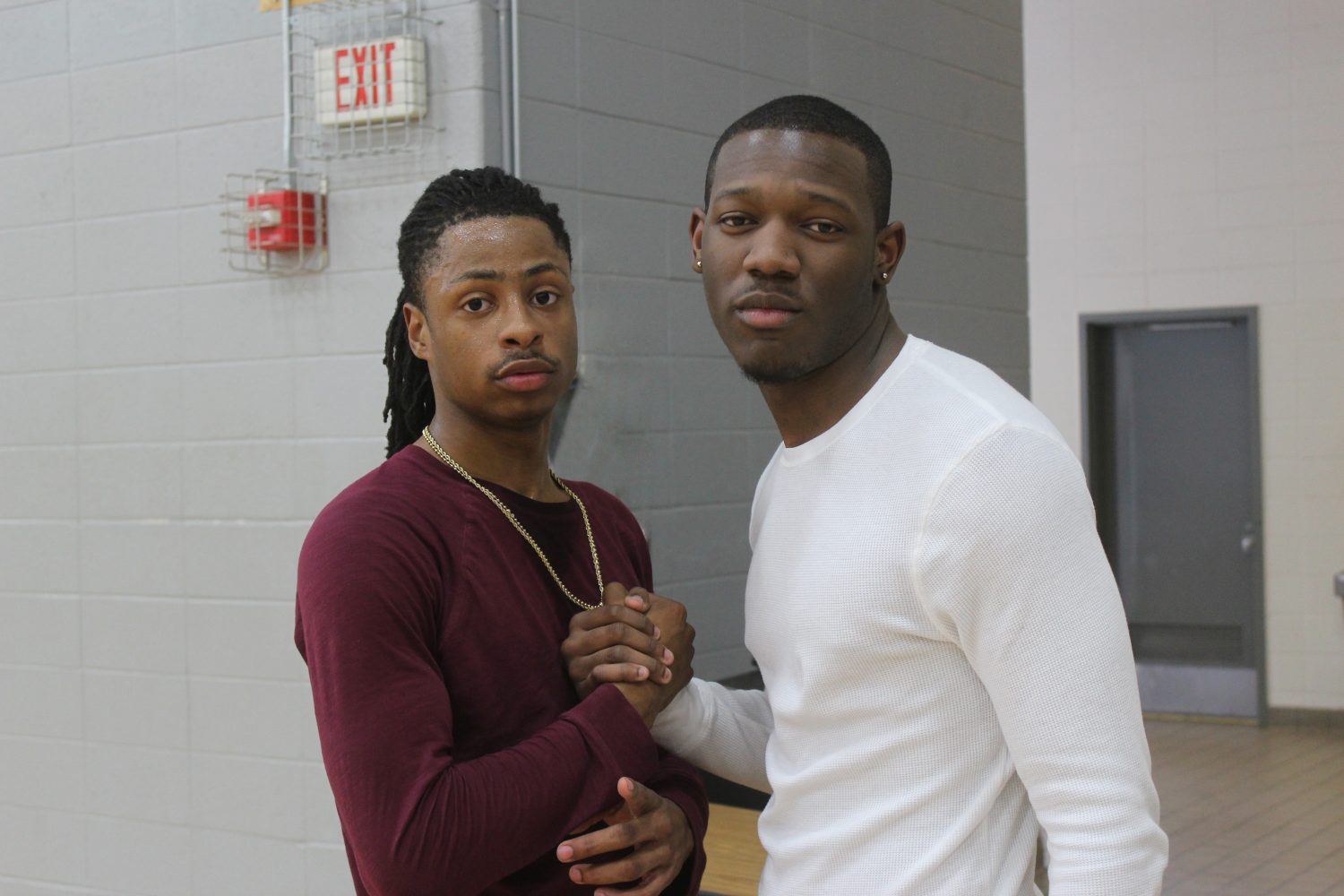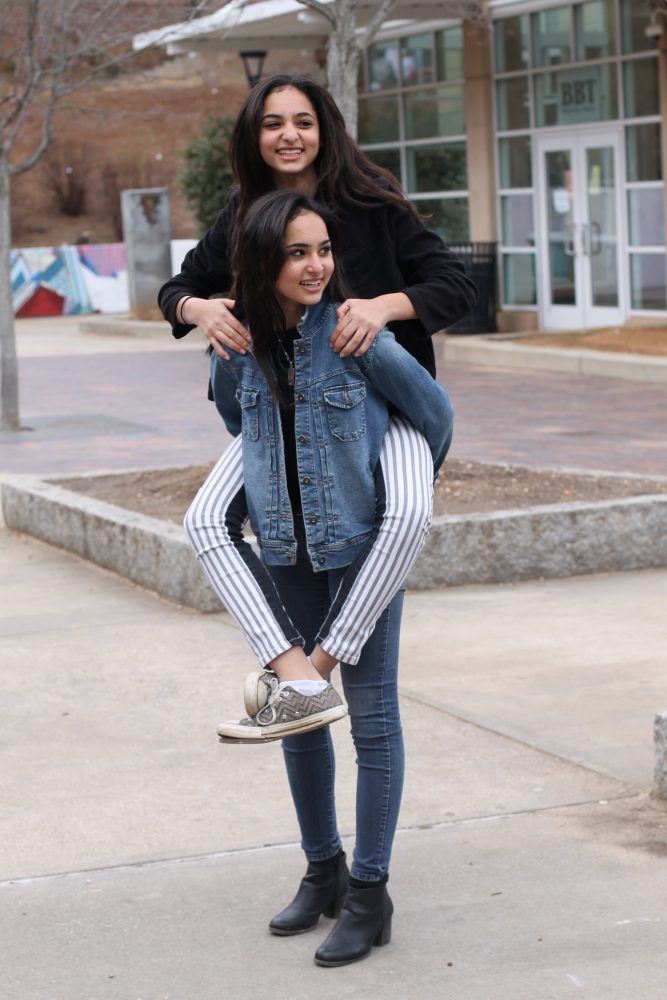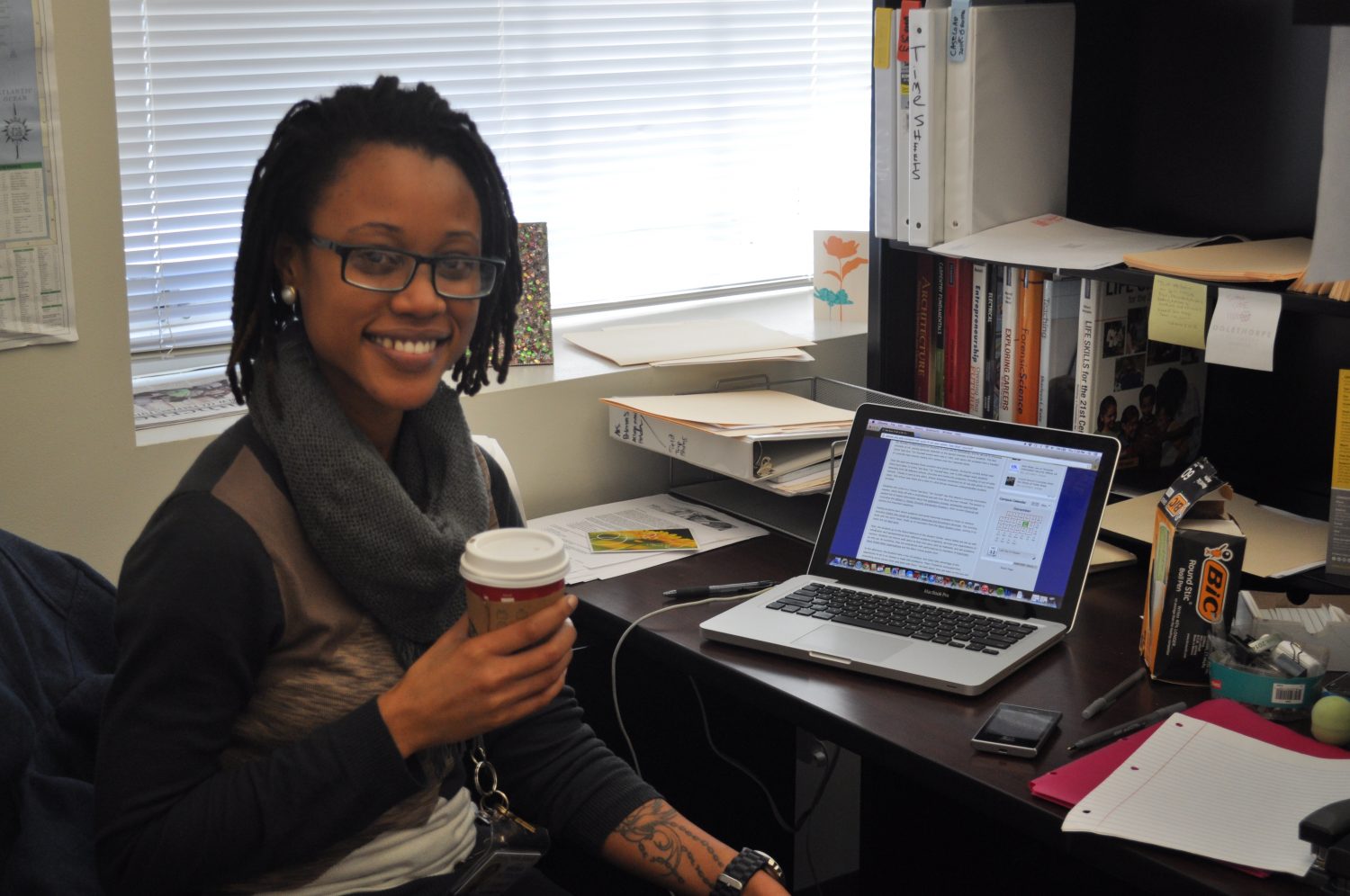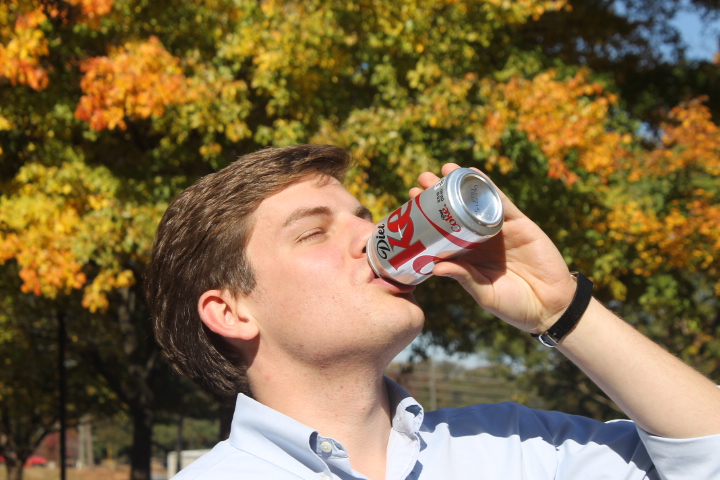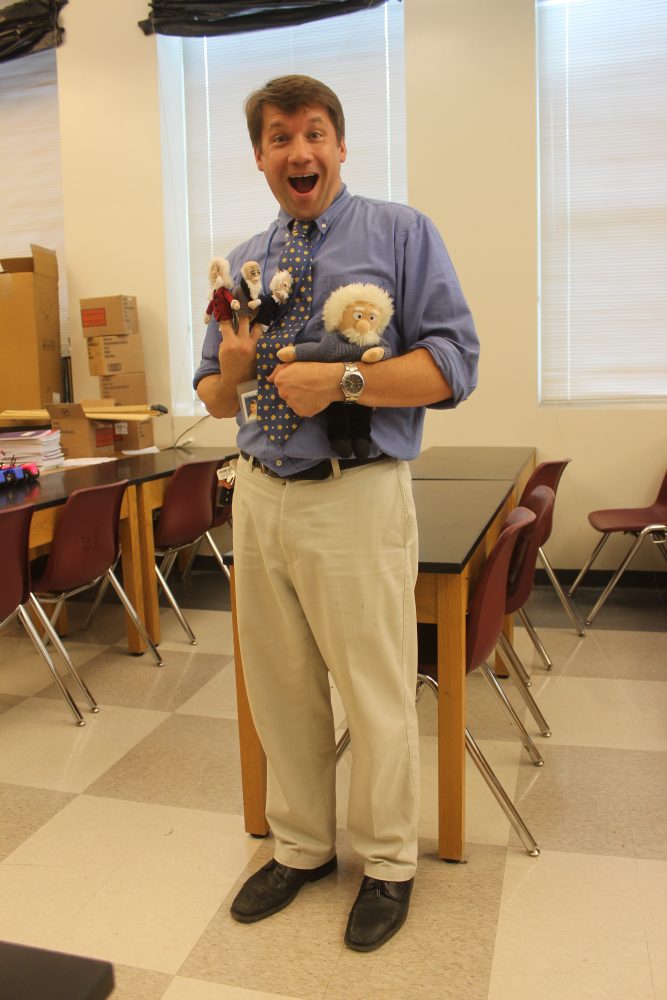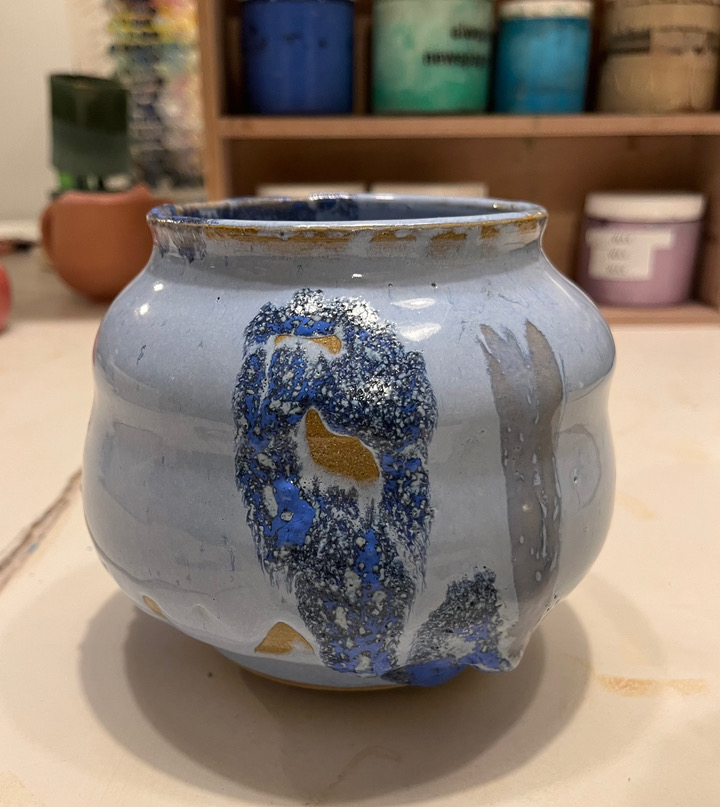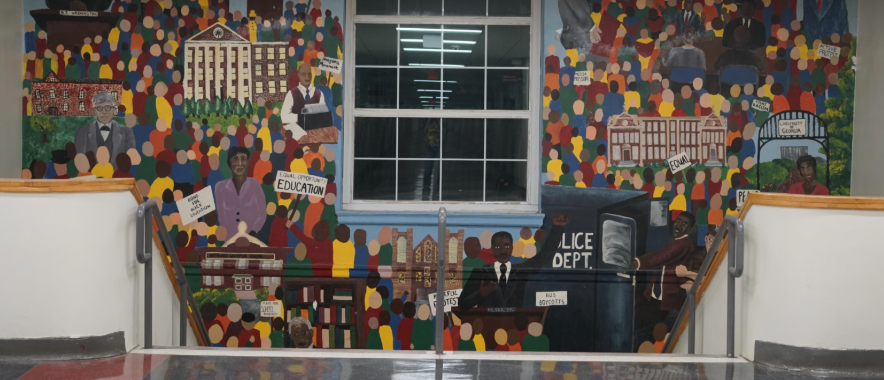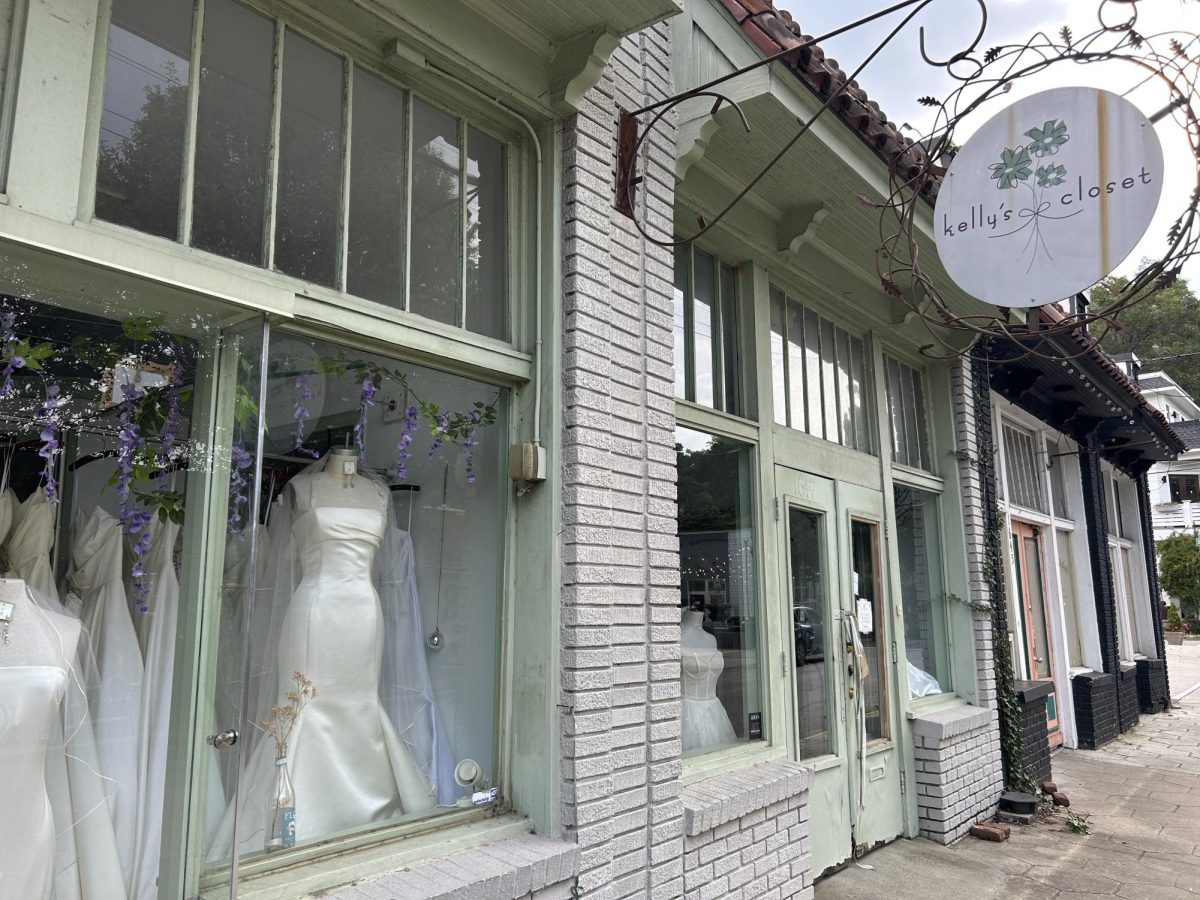On Beyoncé, busking, sushi, social media, finding happiness, and making the world a more musical place
All right! Cool, cool, cool. Thanks for doing this with me!
“Yeah my pleasure!”
OK, so tell me. What do you love to do?
“Well, I really just try to be a happy person. So I’m not Beyoncé, but my aspiration in life is definitely to be happy. Other than that, obviously music. As dorky as it sounds … I love it. It’s what brings me the happiness, really. And I love being with people who enjoy music as much as I do, you know, all the other dorks. So yeah! I like to jam. I like to busk [to perform in public]. And I want to leave an impression. I like the connection when people know me as, ‘Hey, there’s that violin girl!’ even though I don’t play violin.”
Right! You play viola. What’s the difference there?
“Ooooh! OK, the violin has a higher register. The viola is slightly lower and has the same strings as the cello, which you put on the ground. And I really think the viola represents me…”
…because you have cello strings and you’re slightly lower?
“Yes! I mean, maybe it’s not a direct relationship, but the viola was a very ignored instrument throughout the ages of Bach and Mozart, and if you play pieces from back then, the viola parts are really boring. But at some point in the composer period, composers started to feel the beauty of the viola. When you hear a viola solo, it’s very rich. Not as powerful or melodic, but it’s just that underdog kind of instrument of the orchestra. I like to compare the whole orchestra to a cake…”
…I like where you’re going with this…
“ … then the viola would be cover you put on top. You don’t really think about it, but it’s something you really, really need. And that’s what I want to be, a figure in someone’s life that you can’t really take out. I don’t have to be the big spotlight or main character. I’m happy in the ensemble, I just want to be up there on the stage. That’s great.”
So who are you currently playing for?
“The Emory Youth Symphony Orchestra! It’s run by the university, and it’s really great. The conductor’s British, so … enough said!”
What’s it like being one of the few Asians at Grady?
“I have great dumplings for lunch! Actually, you know, I’ve gotten used to the … how do I say this … playful racism? Like, ‘Can you see outta those eyes?’ That used to really hurt me.”
Whoa, that doesn’t sound so playful.
“Yeah, I dunno. I am foreign; I’m not a U.S. citizen. I can’t vote or anything, but I’d like to keep my Japanese citizenship. Being a foreigner in Atlanta merges my personality, really. I tend to have an international view on news subjects and stuff. I think being from Japan gives me a unique view. ”
You said your parents have been a strong influence. What do they do?
“My mother studied to be a journalist in Japan. She wanted to be in the whole mass communications thing, which I’m also interested in … so … genes! But then she was dragged to America by my father, so she’s does imports. It’s a typical office job. She always talks about what she wanted to do. Makes me feel like … you should do what you want in your life. YOLO! Oh wow, I really regret saying that.”
YOLO? Yep, that’s going in there.
“I mean, that’s what she taught me! And my dad? His story is pretty cool. He’s a third-generation sushi chef in Tokyo. You know those pictures of really crowded cities? With all the cars and the people and the buildings? That’s where I was born.”
Wow.
“So he was an understudy sous chef. Have you seen Karate Kid?”
‘Wax on, wax off?’
“Yeah! In sushi terms, he had to make—what would that be in English—like … Omelets! He would just have to constantly make omeletes and wash dishes. The Sushi World is all about discipline, patience and sacrifice. That’s why Japanese people are so collected. Lots of patientce. He got a job in Atlanta, and he worked his way up to executive chef over 10 years. We moved here when I was 4, so until I was 14. He had, like, connections, and he got a job in Hong Kong. He moved two or three years ago … so yeah, he’s in Hong Kong right now.
Really? So who do you live with at home?
“My mom and my brother. Moving away was a very big sacrifice for him and for us. But I like to think that I was a push factor for him because I really wanted him to follow his dreams. Atlanta is a great city, but I didn’t want him to be in a fishbowl! So I told him to go, and he left. He got them a third star this year, and it’s one of the only three-star sushi restaurants. I’m very proud of him. He’s moving on up in the world. You know, there are magazine articles about him … and for the record … his sushi is delicious. It’s great.”
How often do you get to see him?
“He comes back once or twice a year for a week at most. The shortest was one and a half days. His travel time was longer than his stay.”
Woooooow.
“Lots of sacrifice. My brother’s in fifth grade. For him, it’s a very hard thing, not having a father at home. He’s too young, but I hope he realizes someday how proud you can be of someone. That beats any other feeling. It’s great. I miss him, but I’d rather him be over there being so successful, than him being here and being disappointed of how much potential he has. So yeah, I’m very proud.”
How does that affect life at home?
“Not to get too personal, but there are issues. My parents are quite young for my age. They’re both under 40, and they have their own problems. Between me and my mom, we’re kind of like sisters. We fight about the stupidest things. And then he could be an annoying and embarrassing dad, but when he’s not here, I realize how important he is.”
Final question, favorite food?
“Have you ever tried Korean barbeque? My favorite is cow tongue.They bring it out in slices, and you cook it on the stove table in front of you. We need it. It’s great.”
I think you’ve said “it’s great” about 20 million times today.
“Yeah, it’s OK because … it’s great!”

